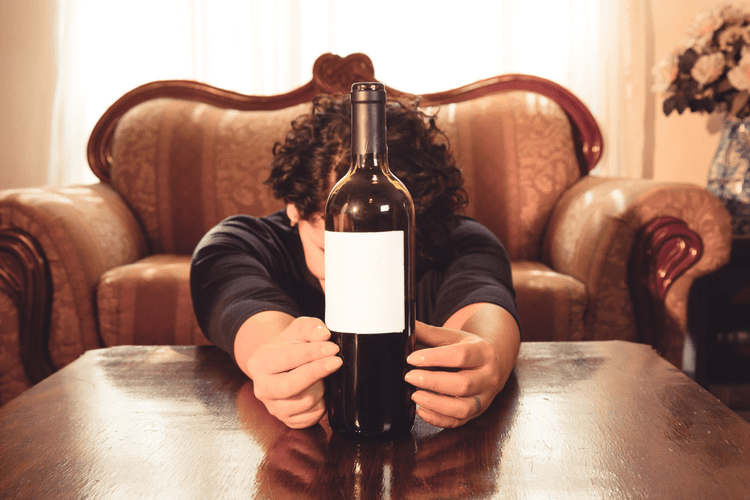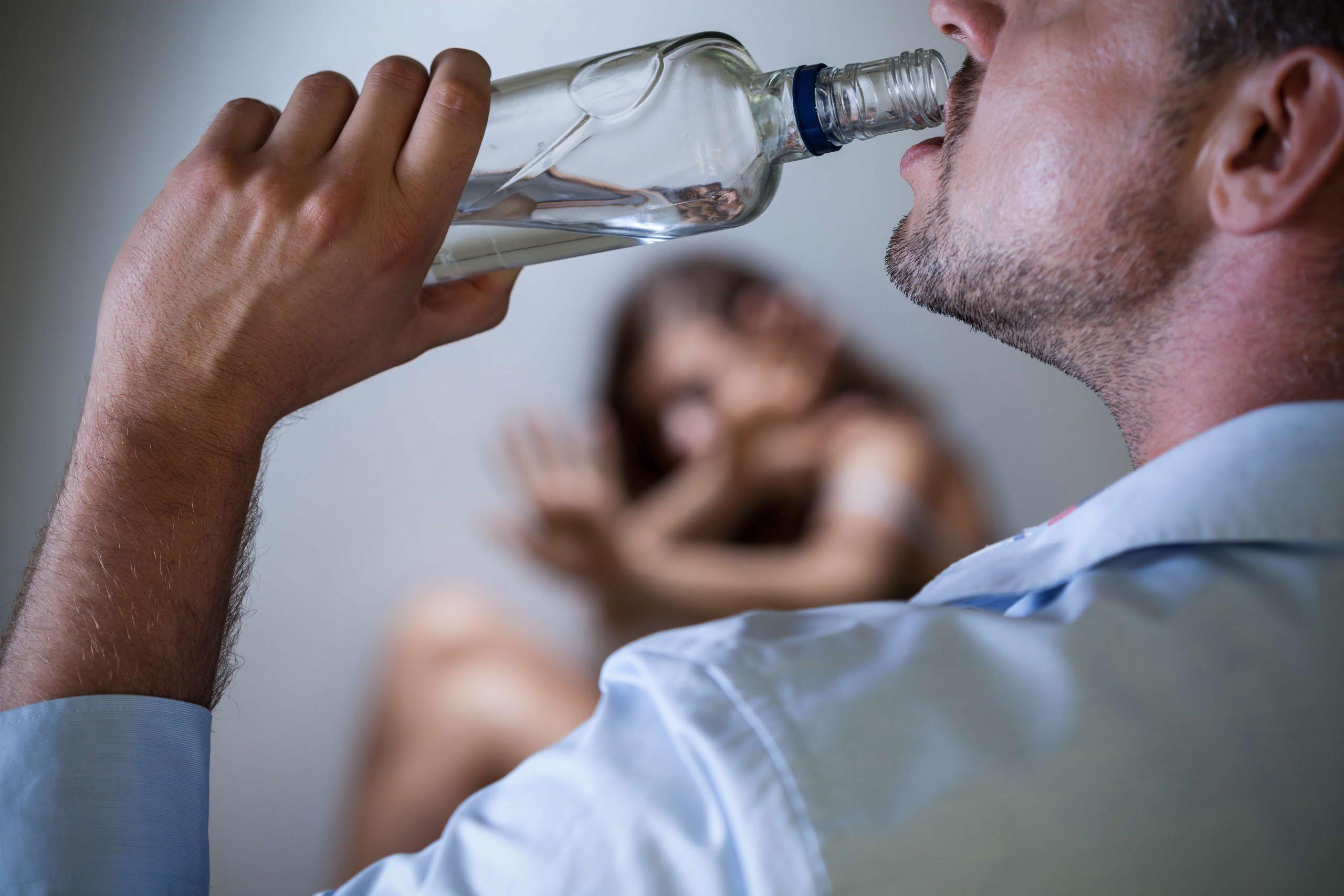Content
Healthier Brain Function — Several parts of the brain can become damaged as a result of chronic alcohol abuse. This damage can lead to a number of problems, including depression, trouble sleeping, and a decrease in brain cells. Quitting drinking can allow the brain to heal and will likely result in increased cognition and overall brain function. Weight Gain Or Loss — Many people experience weight gain as a result of regular alcohol consumption. On the flip side, some individuals may lose weight from not prioritizing nutrition while actively drinking. When a person quits drinking, he or she may lose or gain weight depending on the individual’s previous habits when drinking.

As such, alcohol “directly affects the brain and neural networks, impacting almost every one of the brain’s processes,” Raichbach says. New research suggests binge drinking can make changes to your cells and make you crave alcohol even more. Binge drinking has many effects on your body, both over the short and long term.
You’ll Sleep Better
Get a custom plan based on your current drinking habits and goals, then daily text messages help you track progress and stay on target. Rethinking Drinking – Tools to help you check your drinking patterns, identify signs of a problem, and cut back. Alcohol abuse is often a misguided attempt to manage stress. Find changes after quitting alcohol healthier ways to keep your stress level in check, such as exercising, meditating, or practicing breathing exercises or other relaxation techniques. Treatment doesn’t have to be limited to doctors and psychologists. Many clergy members, social workers, and counselors also offer addiction treatment services.
- Talk to your doctor or an addiction specialist to learn more.
- As some of the most powerful and addictive substances, Opioids are one of the biggest challenges facing America today.
- When you begin quitting drinking, you can get back to being you.
- The three- to five-week period is also when sugar cravings brought on by the lack of alcohol tend to subside, Johnson adds.
Loss of consciousness, delayed reflexes, and emotional outbursts are examples of symptoms experienced by someone struggling with PAWS. The onset of unexpected symptoms can result in a former drinker in recovery needing to be or remain in a rehab facility for treatment until symptoms have subsided. Rehab facilities are strongly suggested during this time, as professionals are specialized in providing patients with the ideal treatment. While getting sober is an important first step, it is only the beginning of your recovery from alcohol addiction or heavy drinking. People often abuse alcohol to ease the symptoms of an undiagnosed mental health problem, such as depression or anxiety.
Evaluating The Costs And Benefits Of Drinking
Of course, there are also many challenges your body will face when giving up drinking. Detox and withdrawal symptoms can be severe, especially if you drink heavily and regularly. Many people also experience strong sugar cravings or insomnia in early recovery. Then, there are the mental and emotional aspects of quitting alcohol, all of which can have an impact on your physical health. Besides the above-mentioned benefits of going sober, as little as one drink a day has been linked with an increased risk of breast cancer.

While the damage you can inflict on your brain with heavy alcohol use is disturbing, it is entirely possible to experience recovery from addiction and begin to heal from the inside out. Once you quit drinking, serotonin production can eventually return to normal. If you continue to struggle with depressive symptoms during recovery, you may require medication. Even moderate users or those who have been drinking in excess for a short period of time can experience mental fog, anxiety, and mood changes.
While scientists have yet to determine the exact link, we do know that many people turn to alcohol and other illicit substances in an attempt to self-medicate symptoms of mental illness. We also know that alcohol actually exacerbates mental illness, so when you stop drinking, you’ll reduce these symptoms.
Learning To Live Without Alcohol
Distance yourself from people who don’t support your efforts to stop drinking or respect the limits you’ve set. This may mean giving up certain friends and social connections. After three months, I will cut back my weekend drinking even more to a maximum of two drinks per day and three drinks per weekend. I will limit my Saturday and Sunday drinking to no more than three drinks per day or five drinks per weekend. Verywell Health uses only high-quality sources, including peer-reviewed studies, to support the facts within our articles. Read our editorial process to learn more about how we fact-check and keep our content accurate, reliable, and trustworthy. Alcohol withdrawal symptoms typically peak during this time frame.
Anyhangover side-effectsare now officially out of your system and your carb cravings subside. Champion says 72 hours after quitting is when “you finally feel back to yourself physically and mentally.” Within Alcohol a few days of cutting out booze, you’ll notice your skin looking and feeling more hydrated. That may be because alcohol heightens our senses, according to a study published in the journal Obesity.
Your Body Back On Track: One Month+ After Quitting
The liver is responsible for cleansing the body of toxins-including alcohol. Drinking too much can also cause fatty liver disease, inflammation of the liver and, over time, cirrhosis and liver failure.

Realistically it could take anything up to a full year to reach a baseline again and feel better. Although it doesn’t happen to everyone, depression, when you give up alcohol, is very common. Even moderate drinkers face depression after quitting alcohol. It can happen for several reasons, but if not addressed, it can lead to relapse. When a person drinks heavily, frequently, or for prolonged periods, the brain compensates for the depressant effects by releasing more stimulating chemicals . It’s also a good idea to start by talking with one of our doctors. Try to be accurate and honest about how much you drink and any problems it may be causing you.
What Happens When You Stop Drinking: Week 2
Remind yourself of the adverse long-term effects of heavy drinking and how it won’t really make you feel better, even in the short term. The symptoms listed above may be a sign of a severe form of alcohol withdrawal called delirium tremens, or DTs. This rare, emergency condition causes dangerous changes in the way your brain regulates your circulation and breathing, so it’s important to get to the hospital right away.

Osteoporosis occurs when a person’s bones decrease in density and become more brittle and prone to breaking. Although the disorder is most often diagnosed in elderly individuals, it can occur in younger individuals as well. Women are at a higher risk to develop osteoporosis than men, but both men and women can develop the disorder. Editorial StaffThe editorial staff of American Addiction Centers is made up of credentialed clinical reviewers with hands-on experience in or expert knowledge of addiction treatment. “Stopping drinking can help stabilise your mood, although it might take a few months to feel the full benefit,” confirms Dr Shah.
When you deprive your brain of alcohol, that depletion and dysregulation of neurochemicals manifest as a variety of symptoms including moodiness and cognitive difficulties. While researchers and spectators alike guessed that quitting alcohol would have several health benefits, all were surprised at the sheer number and quality of positive outcomes that were observed. Alcohol abuse can have a range of negative impacts on a person’s life—from social, to psychological, to economic. But among the most severe are the effects of chronic, excessive alcohol use on the…
Here’s What Happens To Your Body When You Stop Drinking Alcohol – GLAMOUR UK
Here’s What Happens To Your Body When You Stop Drinking Alcohol.
Posted: Fri, 08 Jan 2021 08:00:00 GMT [source]
Years of alcohol abuse can damage this area of the brain extensively, leading to a wide variety of issues including memory loss and the inability to think rationally. The good news is that by quitting alcohol, even those who have spent years throwing off the balance of their brains can begin to heal and restore the brain’s natural function. Here are some of the changes that will occur in your brain once you stop drinking. When you make the decision to stop abusing alcohol, you might not think about what happens afterward. You can imagine it might be scary, new, and different, but what kind of physical and psychological changes does your body actually go through? When I got sober, my body went through several different changes, and I was surprised to find some were more enjoyable than others. One thing is for sure; you won’t be the same person once you stop drinking.
How Long Will It Take To Feel Better?
People who are physically dependent on alcohol should attend a medically supervised detox program when quitting alcohol to prevent potentially life-threatening symptoms. Regardless of the reason why someone chooses to give up alcohol, the benefits can be felt by everyone. This is especially true for individuals who abuse or are addicted to the drug.
Over the course of the first few days and weeks after someone stops drinking alcohol, he or she may experience acute alcohol withdrawal symptoms. Acute alcohol withdrawal syndrome refers to the common withdrawal symptoms a heavy drinker experiences when they suddenly reduce the amount of alcohol they drink after prolonged periods of heavy use.

